Introduction
Jasmine rice is one of the easiest foods to prepare and it also doesn’t cost a lot of money. So sooner rather than later, every pet parent will ask themselves this question: Can dogs eat Jasmine rice?
Yes, dogs are allowed to eat jasmine rice, but minimal amounts are the best. After all, dogs are omnivores, but they are supposed to eat protein and fats in larger amounts than carbs.
Keep on reading to find out what benefits jasmine rice has, whether there are any risks involved with feeding this food to your dog, how you are supposed to prepare it, and several serving ideas, too.
Benefits for dogs
Fiber
Fiber is essential if you want your dog to have good and regular stools. Small amounts of rice can make sure that your dog doesn’t experience a bout of diarrhea, for example.
It is not recommended for chronically constipated dogs, though, as it can make the issue more severe.
B Vitamins
This vitamin group is essential for a number of body functions, such as making sure that your pet has a healthy appetite, good eyesight, plenty of energy, and a healthy nervous system.
Moreover, B vitamins are capable of ensuring that your dog’s brain functions properly, and some studies even suggest that they might prevent pet dementia.
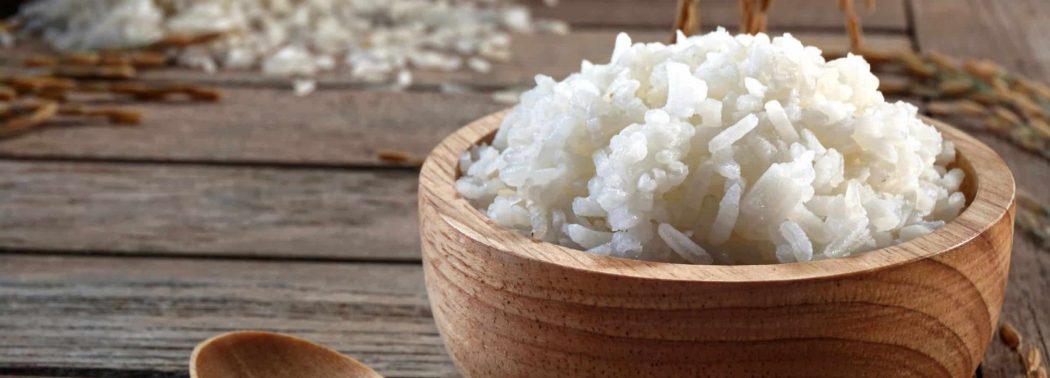
Magnesium
This mineral has anti-inflammatory properties, but it’s capable of doing a lot of other things from reducing insulin resistance and preventing type 2 diabetes to lowering blood pressure.
Selenium
Besides its cardiovascular benefits, selenium can help your dog’s immune system remain on par, and it can also protect your pet’s body from oxidative stress.
How much to feed
Given that jasmine rice contains high amounts of carbohydrates, large amounts are not recommended.
If you cook your dog’s food at home, you can add very small quantities of cooked rice to their diet.
Check out the table below for several feeding guidelines depending on your dog’s specific breed and size.
Potential risks
Food allergies
You can’t know for sure whether your dog is allergic to rice, in general, and jasmine rice in particular until you feed them this food.
For this reason, a very small amount should be fed first and only after you assess the effect it’s had can you add more.
High glycemic index
High glycemic index foods such as rice can increase your dog’s risk of developing type 2 diabetes over time. For this reason, try to limit the frequency of rice feedings to one or two per week tops.
The last thing you might want to do is to put your dog on insulin treatment, not to mention that diabetes is a disease that complicates any other health conditions that your dog might end up suffering from at one point.
Rich in carbs
Too many carbs can both predispose your dog to becoming obese, but starchy carbs from jasmine rice can also eventually upset your dog’s stomach.
There are as many as 39 grams of carbohydrates in just one cup of cooked jasmine rice, so you should consider that when measuring the amount you give to your dog.
Preparing the food
Jasmine rice should be rinsed with water so as to remove some of the starch and potential contaminants on its surface. You then have to boil it according to the instructions on the packaging.
Avoid using oil or butter if you cook the jasmine rice in a pan. Also, do not add any spices, seasonings, or ingredients such as garlic or onion, as these are not good for your dog’s health.
Serving ideas
Most pet parents that feed jasmine rice to their dogs usually mix it with other cooked foods, such as boiled or grilled chicken breast.
You can also make a bone broth for your regular soups and use some of the liquid to boil the rice in – it gives it a more appealing taste.
If your dog has been experiencing digestive distress, you can also mix the boiled rice with some canned pumpkin, which contains healthy fiber and is also highly digestible.
Other recipe favorites are egg and veggie rice and chicken and rice with vegetables.

Conclusion
Small amounts of jasmine rice are perfectly safe for all dogs, so long as they are not allergic to this type of food.
Adding rice to your pet’s diet can be particularly helpful if diarrhea is a problem they’ve been having for a while. It can help calm down an upset stomach, and it also adds a good amount of fiber to the rest of the things that your dog regularly eats.
If you have any doubts whatsoever when it comes to feeding your dog jasmine rice, make sure to talk to your veterinarian before adding this new food to your dog’s diet.
Most vets actually recommend bland rice diets, especially for pets who have had digestive pathologies for a while.
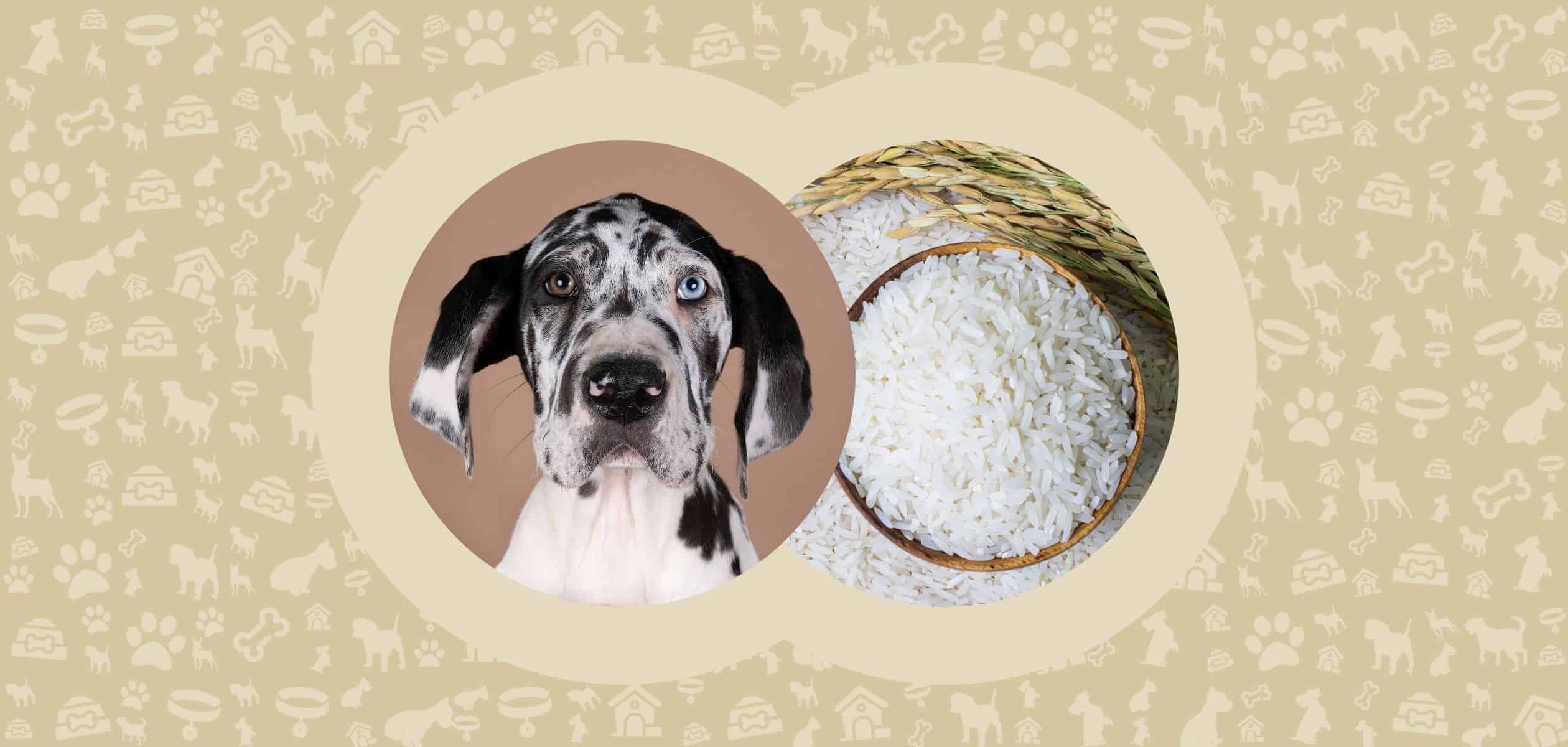



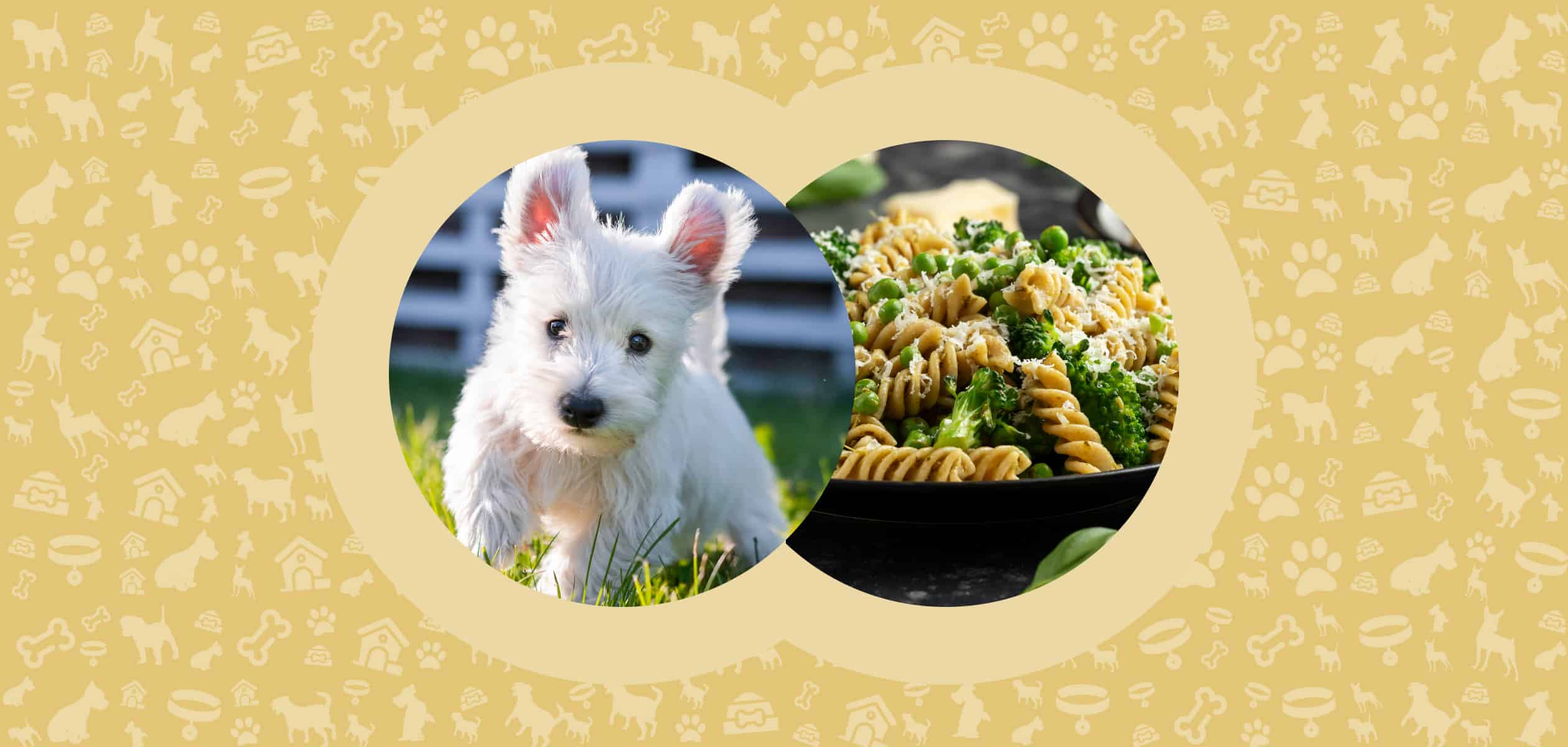
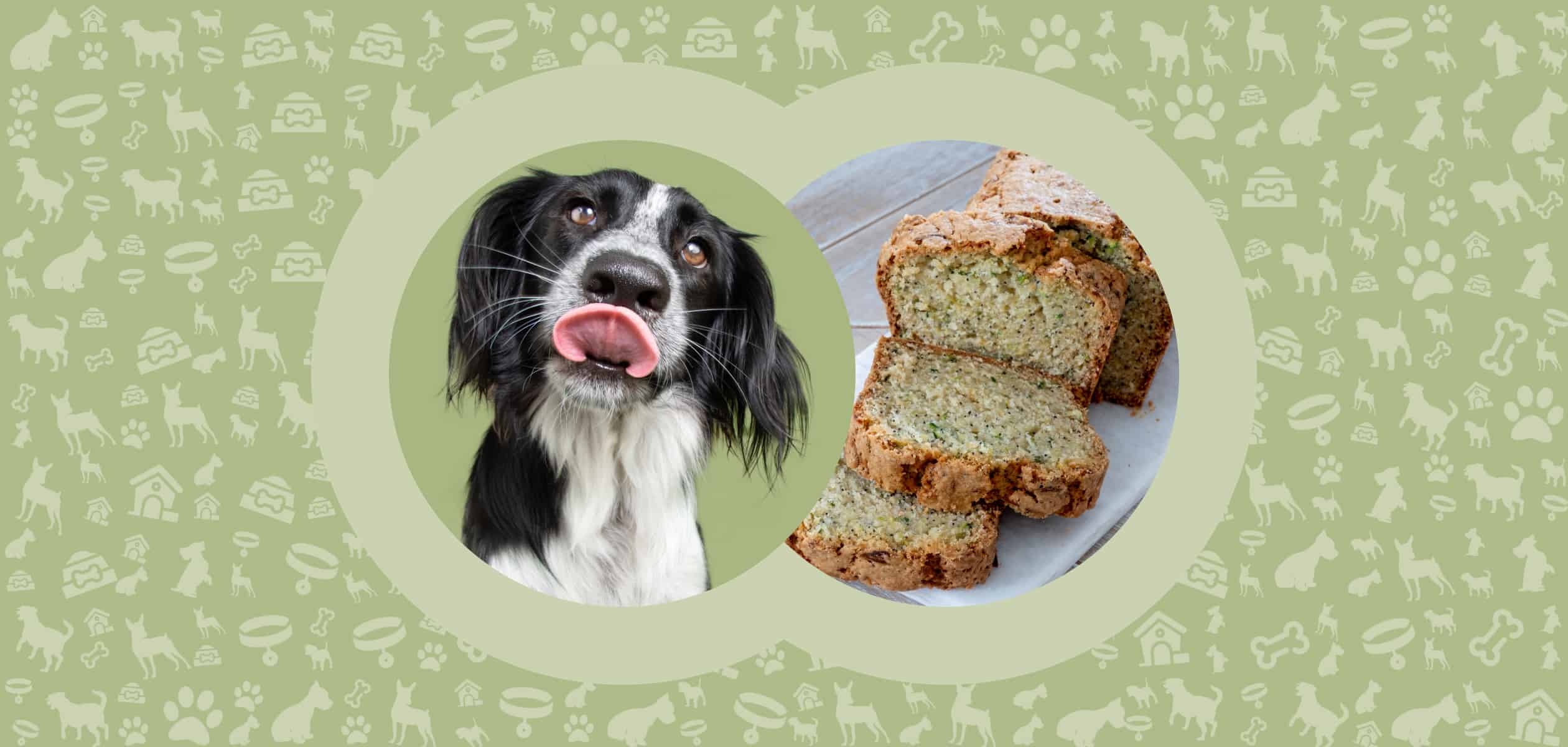
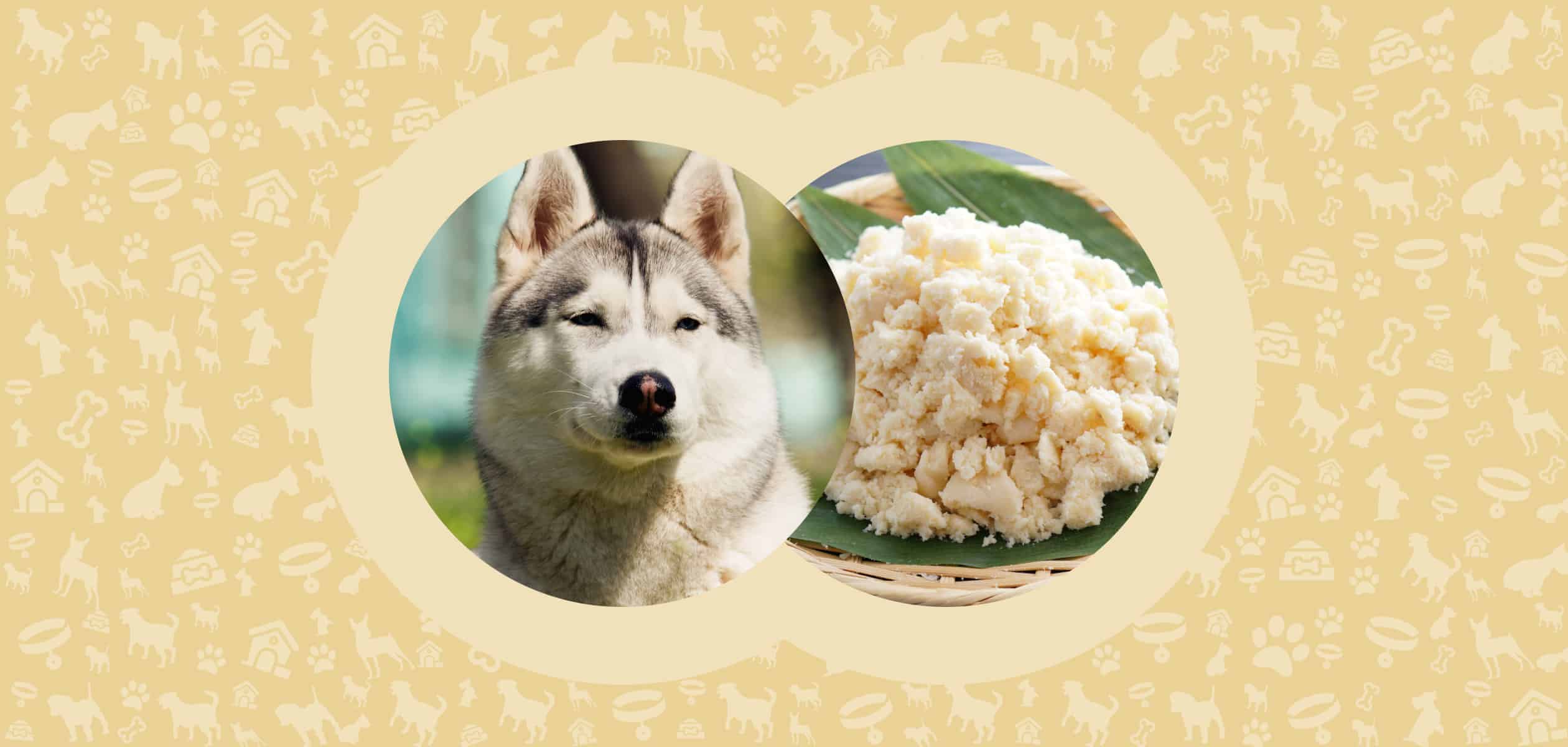
Leave a Comment